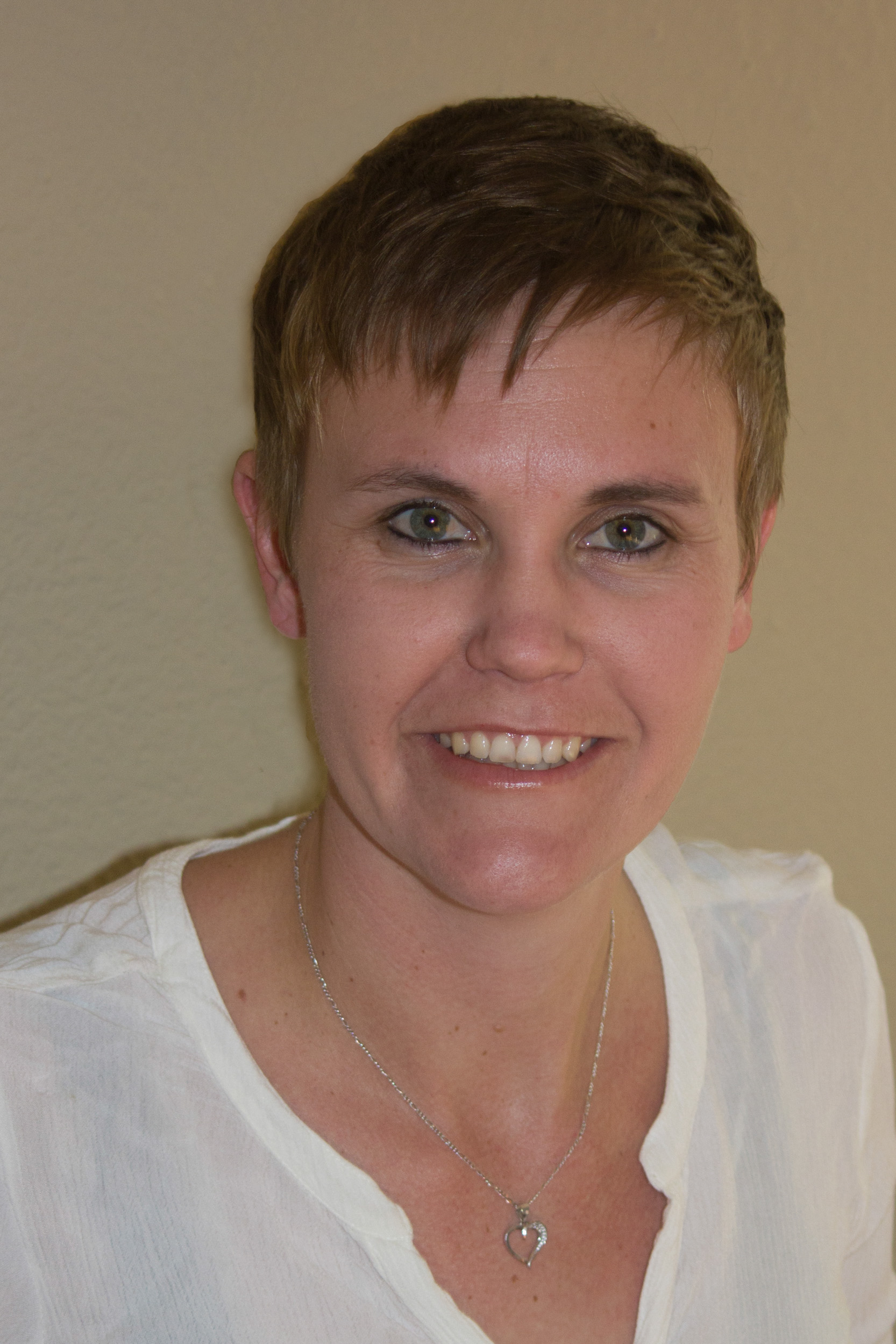If you use substances like alcohol and illegal drugs, you are at a greater risk of engaging in self-harm and other forms of suicidal behaviour, which are serious public health problems in South Africa.
This is one of the findings of a recent study conducted at Stellenbosch University (SU) and funded by the Medical Research Council and the National Research Foundation.
“The use of substances such as alcohol and illegal drugs can lead to self-harm by increasing disinhibition, exacerbating feelings of anger and aggression, and impairing people's ability to exercise good judgement. It can also precipitate psychotic symptoms leading to feelings of paranoia, delusions, and hallucinations which command a person to hurt or kill him or herself," says Dr Elsie Breet from SU's Department of Psychology. 
Breet recently obtained her doctorate in Psychology at SU exploring the link between substance use and self-harm among patients who received treatment at Groote Schuur Hospital in the Western Cape. Self-harm is an intentional and non-fatal self-injury or self-poisoning regardless of the level of intent to die.
Breet says there is increasing evidence in support of the need for context specific evidence-based research to guide suicide prevention and intervention strategies. She adds that little is known about the prevalence, correlates, nature, and context of substance use among self-harm patients in South Africa, which in turn hinders the planning of empirically supported hospital-based interventions.
As part of her research, Breet did a systematic review of 108 international studies about the link between substance use and suicidal behaviour in low- and middle-income countries as well as a retrospective review of the files of 230 self-harm patients to establish their demographics, patterns of medical service utilisation, and sociocultural differences between self-harm patients who report substance use and those who don't. She also interviewed 80 self-harm patients to determine how they understand the links between substance use and their self-harm.
Breet says a review of the literature suggests that for every completed suicide there are approximately 8 to 22 visits to an emergency unit following an act of self-harm. “Studies have consistently reported that substance use is a risk factor for self-harm which could be changed in ways to decrease the risk for self-harm," she adds.
She says available published data indicate that self-harm is more common among South Africans who are female, younger (i.e. in the age group of 18 to 34 years), less educated, single, unemployed, socially isolated, or have a history of trauma.
Regarding the patients who participated in her study, Breet points out that “as many as 37% of self-harm patients reported that they had a history of chronic substance use. Compared to other self-harm patients, those with a history of chronic substance use were more likely to be male, inflict damage to their bodies through violent methods of self-harm such as cutting or hanging, and have a history of prior incidents of self-harm."
“One in five self-harm patients reported that they had used substances prior to self-injury. Self-harm patients who had used substances were also more likely to have depressed levels of consciousness when admitted to hospital; and were more likely to utilise a greater number of medical resources and require a longer stay in hospital."
“Patients under the influence of substances at the time of their self-harm were also more likely to have a history of previous self-harm and report that they intended to die as a result of their injuries."
Breet adds that some patients also reported substance intoxication and recurrent substance use over an extended period compared to other self-harm patients.
Highlighting the World Health Organisation's affirmation that addressing substance use is integral to suicide prevention, Breet says it is pivotal that suicide intervention at Groote Schuur Hospital includes strategies and referrals focusing on substance use.
“Hospital staff should be made aware of and be equipped with skills and knowledge on how to address unhealthy patterns of substance use among self-harm patients."
“A deeper understanding of the association between substance use and self-harm will contribute to the development of appropriate, cost-effective evidence-based prevention at the hospital."
Breet says the assessment and management of substance use should be integral to the care of all individuals at risk of suicide and addressing substance use needs to be an integral component of suicide prevention in the country.
- Main photo: Credit (Wikimedia Commons)
- Photo 1: Dr Elsie Breet
FOR MEDIA ENQUIRIES ONLY
Dr Elsie Breet
Department of Psychology
Stellenbosch University
Tel: 021 945 1204
E-mail: elsie@sun.ac.za
ISSUED BY
Martin Viljoen
Manager: Media
Corporate Communication
Stellenbosch University
Tel: 021 808 4921
E-mail: viljoenm@sun.ac.za

